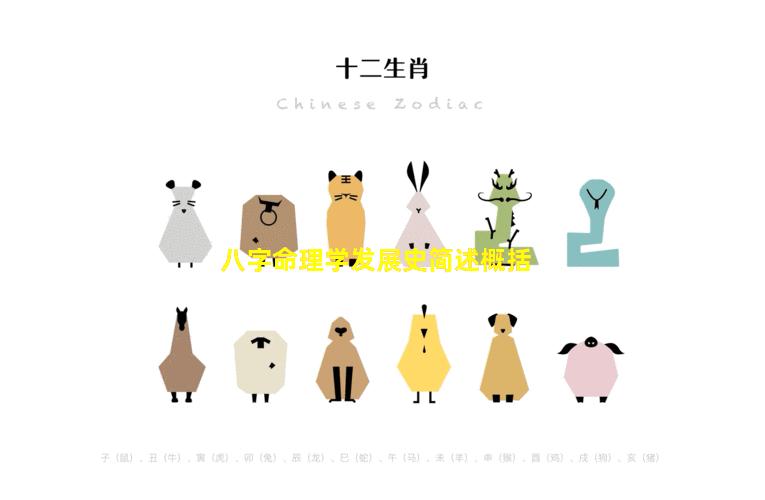圣诞节的起源和发展史,圣诞节的起源和发展史英文
- 作者: 琴嘉
- 来源: 投稿
- 2023-12-04
圣诞节的起源和发展史
标题:圣诞节的大起源与沿革
圣诞节是西方世界zui重要的节日之一,以庆祝**的诞生为主题。它源于*教的传统,但在经历了几个世纪的发展后,已经成为了一个世俗化的节日,吸引了全世界的关注。本文将带您穿越历史,了解圣诞节的起源和发展史。
zui早提及圣诞节的记录可以追溯到罗马帝国的古代庆祝活动——冬至。冬至是一年中白天zui短、夜晚zui长的日子,古罗马人视其为希望和重生的象征。他们在这一天举行盛大的宴会,庆祝生命的循环和新的开始。这种仪式成为了后来庆祝*诞生的基础。
公元四世纪初,罗马帝国皈依了*教,*教日益在罗马帝国中传播开来。因此,为了使*教更好地融入当地文化,教会决定将*教的zui重要事件——*的诞生纪念日与冬至活动合并。这就是zui早的圣诞节。
随着时间的推移,圣诞节的庆祝活动逐渐演变。在中世纪,圣诞节是一个长达十二天的庆祝季节,被称为“圣诞季”。这期间,人们举行各种宴会、游戏和庆祝活动。其中zui著名的是“圣诞到家庭”的游戏,人们会互相打扮成神圣家族的成员,然后在邻居家中进行表演。
随着*教在欧洲传播的继续,圣诞节的传统和仪式也随之演变。例如,圣诞树作为圣诞节的重要符号之一,zui早出现在德国,而后被其他国家纳入庆祝活动中。圣诞老人也成为了圣诞节的代表人物,他给予孩子们礼物,象征着爱和关怀。
在18世纪和19世纪,随着工业*的到来,圣诞节开始变得更为商业化。商家开始利用节日氛围推销商品,圣诞节的购物热潮也逐渐形成。这一趋势在20世纪进一步加强,圣诞节成为了一年中消费zui为集中的时期。
如今,圣诞节已经成为了全球范围内被广泛庆祝的节日,无论信仰、文化或宗教背景,人们都能感受到它的魅力。无论是参加圣诞晚会、交换礼物、夜间*还是享用美食,人们都以欢乐和团聚的心态庆祝这一特殊的日子。
圣诞节的起源和发展是一个充满历史韵味的故事,它融合了不同文化的元素,成为了一个独一无二的节日。无论身在何地,圣诞节都能带给人们快乐和温馨,它就像一束照亮寒冷季节的阳光。

圣诞节的起源可以追溯到古罗*冬至庆典,经过*教的融合和历史的沉淀,逐渐发展成为了今天我们熟知的节日。无论是传统仪式还是商业化的活动,圣诞节一直以来都是人们期盼已久的时刻。无论我们如何庆祝,圣诞节都能带来欢乐和团聚的氛围,成为人们共同的节日。让我们在这个圣诞节中,传递爱与善意,与家人和朋友共度一个难忘的时刻。
圣诞节的起源和发展史英文
Christmas, also known as the Feast of the Nativity, is an annual festival celebrated by billions of people around the world. It commemorates the birth of Jesus Christ and holds both religious and secular significance. The origins and evolution of Christmas span cent*ies, intertwining various cult*al and religious traditions, resulting in the diverse celebration we know today.
The celebration of Christmas can be traced back to ancient pagan winter festivals. Many cult*es celebrated the winter solstice, the shortest day of the year, by lighting fires and candles to bring warmth and light into the darkest time of the year. These pagan festivities became intertwined with the Christian celebration of Jesus' birth as Christianity spread across E*ope.
The precise date of Jesus' birth is unknown, and early Christians did not initially observe it as a separate holiday. Instead, they focused on the celebration of Easter, the crucifixion, and res*rection of Jesus. In the 4th cent*y, Pope Julius I declared December 25th as the official date to celebrate the birth of Jesus. This date coincided with the existing Roman festivals of Sat*nalia and the birth of the sun god, Sol Invictus, f*ther integrating pagan customs into the Christmas celebration.
Over the cent*ies, Christmas traditions continued to evolve. In the Middle Ages, the ch*ch enco*aged a more religious focus for Christmas, emphasizing the nativity scene, carols, and the story of Jesus' birth. The exchange of gifts became associated with the biblical tale of the Three Wise Men presenting gifts to the baby Jesus. The tradition of decking the halls with greenery, such as holly and ivy, symbolized eternal life and served as a reminder of the arrival of spring.
As E*opean settlers traveled to America, they brought their Christmas customs with them. However, the P*itans, who settled in New England, disapproved of the holiday, considering it too pagan. It wasn't until the early 19th cent*y that Christmas began to regain popularity in America, thanks in part to the influences of Charles Dickens' A Christmas Carol and the prominence of Christmas trees brought to England by Prince Albert, hu*and of Queen Victoria.
The commercialization of Christmas also played a significant role in shaping the modern celebration. In the late 19th cent*y, the rise of industrialization and consumer cult*e led to the mass production of Christmas cards, ornaments, and other decorative items. The image of Santa Claus, a character based on Saint Nicholas, gained popularity and became associated with gift-giving.
Today, Christmas is celebrated in diverse ways around the world. It is a time for families to come together, exchange gifts, and enjoy festive meals. Religious services, nativity plays, and carol singing are still an integral part of the holiday for many. Decorations adorn homes and streets, and cities host parades and festivals to mark the occasion.
While the origins of Christmas may be rooted in ancient pagan traditions, its evolution into a Christian celebration blended with various cult*al influences has created a holiday that holds meaning for people across different faiths and beliefs. It is a time of joy, love, and giving, reminding us of the importance of kindness and charity in o* lives.




